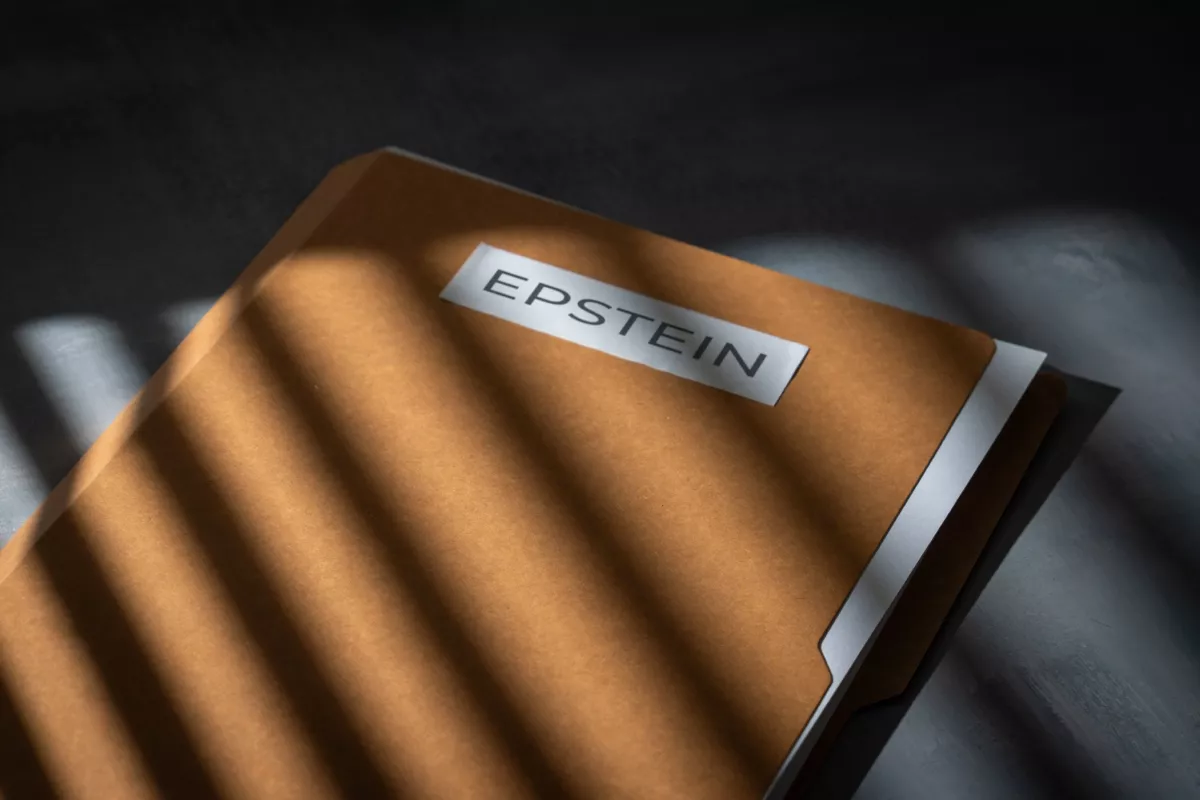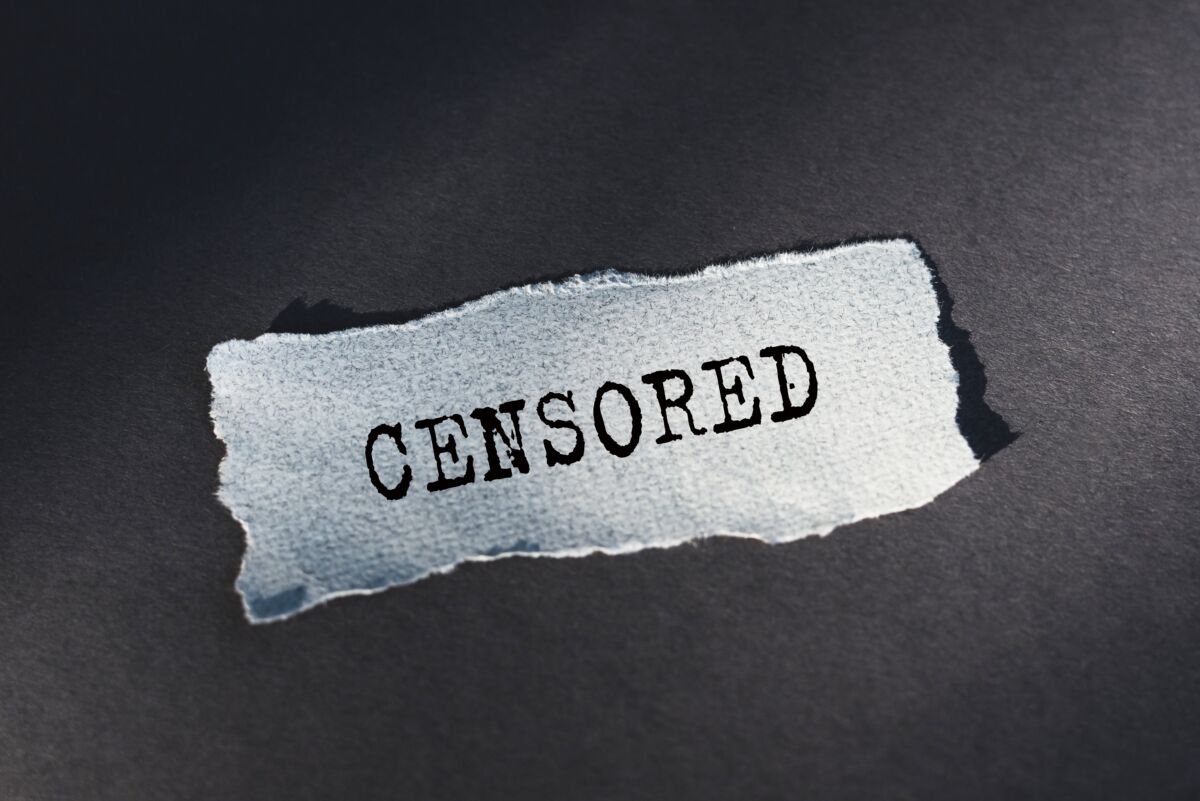From Land Acknowledgements to Land Seizures
By Liam De Boer | BlendrNews.substack.com
Welcome to Canada, where social justice activists masquerading as public servants decide to hand over your property to indigenous tribes.
When Richmond homeowners opened their mail this week, they found something many never imagined possible in a free country. A letter from their city telling them that the status and validity of their home ownership might now be in doubt.
The warning stems from a BC Supreme Court ruling that granted Aboriginal title to parts of Richmond, one of British Columbia’s largest municipalities and home to Vancouver’s International Airport. The ruling created something called “Dual Title,” where land can be privately owned and also somehow simultaneously recognized as belonging to an indigenous group. In plain English, that means homeowners were just told their property may no longer fully belong to them.
Don’t lose touch with uncensored news! Join our mailing list today.
Richmond officials said they received no prior notice of the judgment and are now scrambling to assess what this means for property rights, taxes and mortgages. A public meeting has been scheduled for October 28th to explain the implications and discuss an appeal. Though the decision may yet be overturned, the message behind it is clear. This is what equity looks like when the ideology is taken to its logical conclusion.
For years, Canadians were told that land acknowledgments were merely symbolic. Polite gestures meant to show respect, but symbols are powerful things. They shape belief, establish moral hierarchies, and prepare the public mind for action. Those acknowledgments weren’t just performative theater. They were the opening act in a slow process of normalization, softening citizens to the idea that property, history and rights are all negotiable through the lens of historical injustice.
After a decade of cultural conditioning, many now hesitate to question such rulings for fear of being labeled racist or hateful. That’s not moral progress, it’s psychological control. The key takeaway isn’t whether this will happen, but that it reflects the kind of society Canada’s political class wants to build, a nation where private property is no longer a pillar of freedom but a privilege dependent on political compliance.
If this decision stands, it won’t just be about Richmond, it will signal that Canada has entered a post-liberal era, one where ownership itself can be redefined at will. The land acknowledgements are no longer just words; they are becoming policy.
Originally published on Instagram @liam.out.loud











